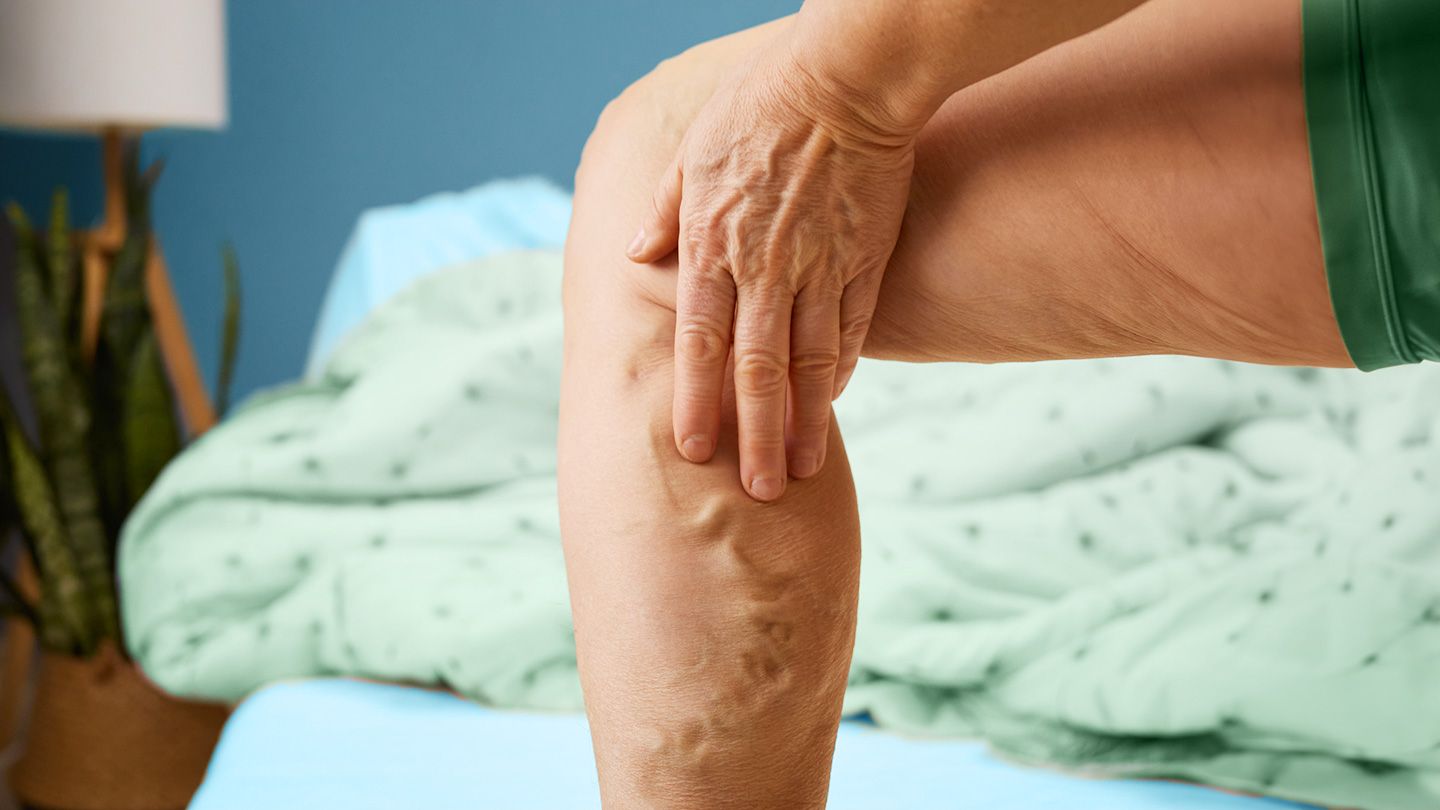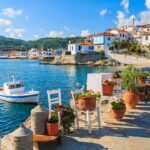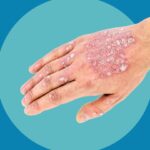“Most varicose veins are harmless,” he says. “Not every case of varicose veins needs treatment, but it is something that benefits people with severe symptoms.”
Varicose Veins Not Always Obvious in the Beginning
The new study, published in the journal Open Heart, used data on more than 8,700 adults ages 30 to 70 who were part of the Taiwan Biobank database. People filled out questionnaires that asked them if they had varicose veins, were sensitive to cold, or had sensations of heaviness in their legs.
Only about 8 percent of people in the study — roughly 680 in total — reported having varicose veins.
People who reported having moderate to severe hypersensitivity to cold in their feet had a 50 to 90 percent higher chance of having varicose veins, while those who had a sensation of heaviness in the legs were about 300 percent more likely to have varicose veins compared with those who did not. People who had both symptoms had the highest risk of having varicose veins.
“Varicose veins don’t always appear obviously at the beginning,” says Yung-Po Liaw, PhD, a professor in the department of public health at Chung Shan Medical University in Taiwan, who coauthored the study.
For that reason, people should talk to their medical providers if they have either hypersensitivity to cold in their legs or feet or a sensation of heaviness, which could be subtle indications of venous reflux, he adds.
Leg Heaviness May Be a Better Indicator of Varicose Veins Than Cold Feet
There are a few limitations to the study, including the fact that it was conducted on a Taiwanese population, which has far less racial diversity than the United States. The data was also collected through questionnaires, which can be limited by people’s ability to recall symptoms, Dr. Nakazawa says.
People should not assume they are developing varicose veins if they regularly have cold feet or legs, says Jonathan Thompson, MD, a vascular surgeon at Nebraska Medicine.
“I hesitate making a blanket statement that if you have hypersensitivity, you should be checked for varicose veins,” he says.
Indeed, about 1,530 people in the study said they were moderately hypersensitive to cold, but just over 9 percent of these people had varicose veins. Only 14 percent of people who reported being extremely hypersensitive to cold had varicose veins. About 6 percent of people who did not report being sensitive to cold had varicose veins.
Heaviness in the legs may be a better indicator of varicose veins than cold feet, and people should seek care for any uncomfortable symptoms, Dr. Thompson says.
Varicose Veins Can Make Daily Life Harder — but Treatments Are Available
“Leg heaviness or fatigue, occasionally swelling, or if you have varicose veins that are bulging and swollen, there are treatments for those things,” Thompson says. “Varicose veins are not always purely cosmetic; they can affect the activities you do and your job.”
It is possible that people will have varicose veins they cannot see, so recognizing symptoms that might indicate venous reflux can be important for getting the right treatment.
Treatment typically starts with things people can try at home, Thompson says.
“Compression is the mainstay of treatment for all venous diseases, and that is probably a great place to start for a lot of folks,” he says.
Wearing compression socks while walking or standing, and elevating the legs with some pillows when sleeping or laying down can help reduce swelling and help push blood up from the legs and into the rest of the body, Nakazawa says.
Although varicose veins are usually not a big deal, in some cases varicose veins can cause blood clots or ulcers. In these cases, “Early recognition and timely intervention are crucial,” Dr. Liaw says.
In rare severe cases, treatments such as sclerotherapy, a minimally invasive outpatient treatment, can reroute blood through healthier veins in the legs.
Varicose veins are more common in women and in people with a family history of varicose veins, Nakazawa says. He recommends people who plan to have multiple pregnancies wait until they are done having kids to pursue any treatment beyond compression and elevation, since pregnancy commonly exacerbates the condition.
It’s likely that heaviness in the legs, and particularly cold feet, are potentially a result of existing varicose veins.
“We can’t really intervene before varicose veins develop, but if you have those symptoms, it may be worth mentioning to your doctor, who can get you to a specialist,” Nakazawa says.
Read the full article here




